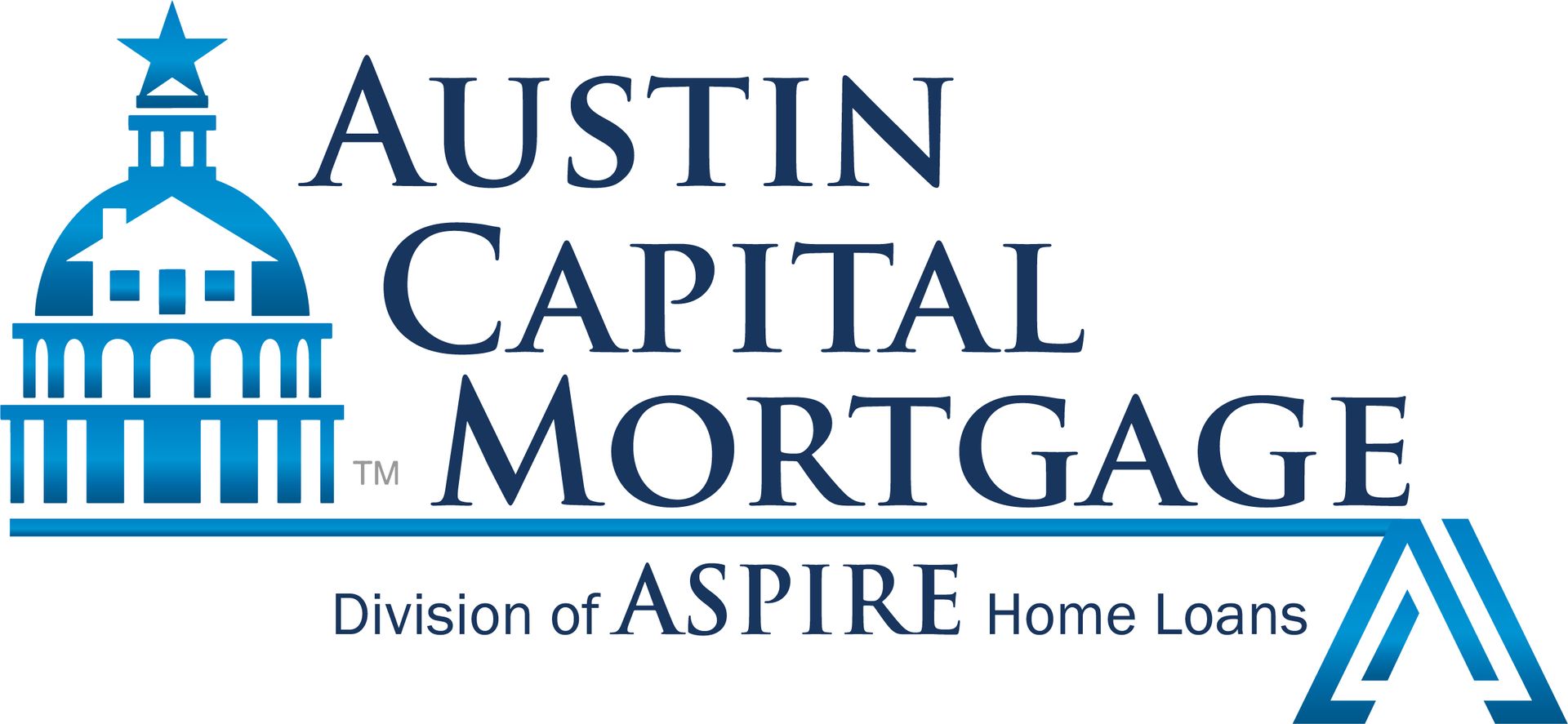WE’RE HERE TO HELP YOU
Get a FHA Loan
An FHA loan is a type of mortgage loan that is insured by the Federal Housing Administration (FHA). The FHA is a government agency that was established in 1934 to help increase homeownership in the United States by making it easier for people to obtain mortgages.
What is a FHA Loan?
An FHA loan is a type of mortgage loan that is insured by the Federal Housing Administration (FHA). The FHA is a government agency that was established in 1934 to help increase homeownership in the United States by making it easier for people to obtain mortgages.
FHA loans are popular among first-time homebuyers because they typically require a lower down payment than traditional mortgages, which can make it easier for people to qualify for a loan. In addition, FHA loans often have more lenient credit requirements than other types of loans, which can also make it easier for people to qualify.
However, FHA loans also come with some drawbacks. One of the biggest is that they require borrowers to pay mortgage insurance premiums (MIP) for the life of the loan. This can add up to a significant amount of money over time, which can increase the total cost of the loan.
Overall, FHA loans can be a good option for people who are looking to buy a home but don't have a large down payment or who have less-than-perfect credit. However, it's important to carefully consider the pros and cons of an FHA loan before deciding whether it's the right choice for you.
Put your mortgage to
work
for you
Cash out
Leverage your investment and take advantage of the equity your home has built for years.
Great For
Renovating your home
Paying down high-interest debt
Lower payments
Increase your financial security by refinancing to lower your monthly mortgage payment.
Great For
Increasing cash flow
Saving for retirement
Reduce loan term
Why wait when you can refinance into a shorter term and pay your mortgage off.
Great For
Reducing interest
Paying off mortgages faster
Calculate How Much Home Loan
You Can Afford
FAQs
Got a question? We’re here to help.

